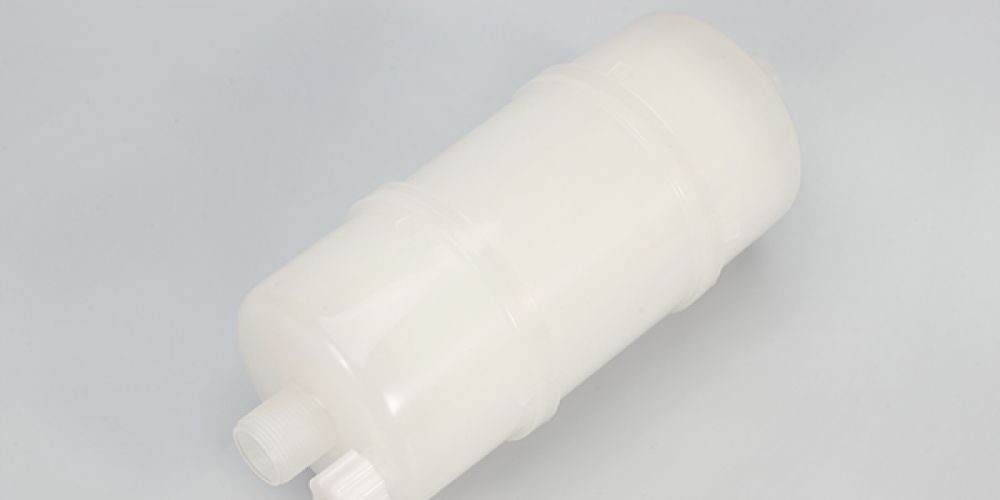
The thermal bonding process for capsule filter elements has several significant advantages that have made it widely used in filter element manufacturing. The following are the main advantages of thermal bonding in the manufacture of capsule filter elements:
1.High efficiency and stability:
The thermal bonding process uses heat to form a tight bond between the filter medium and the supporting structure (such as the filter element skeleton) of the filter element. This bonding method is stronger and more stable than traditional mechanical fixing or chemical bonding.
The stable bonding structure helps to ensure that the filter element will not loosen or break due to pressure or fluid impact during the filtration process, thereby improving the service life and filtration efficiency of the filter element.
2.Avoid chemical contamination:
Compared with the use of chemical adhesives, the thermal bonding process avoids potential chemical contaminants from contaminating the filter medium.
In some applications, such as biotechnology, pharmaceuticals, and food processing, the control of chemical contaminants is critical. The thermal bonding process reduces the potential risk of contamination of the filter element to the filtered fluid by avoiding the use of chemical adhesives.
3.Improve production efficiency:
The thermal bonding process is generally efficient and fast, which can significantly improve the production efficiency of the filter element.
Modern thermal bonding equipment can achieve automated production, further shorten the production cycle and reduce production costs.
4.Good sealing:
The thermal bonding process can ensure the sealing of the filter element and prevent the fluid from bypassing the filter element without being filtered during the filtration process.
Good sealing helps to improve filtration efficiency and reduce the risk of leakage of the filter element.
5.Strong adaptability:
The thermal bonding process is suitable for a variety of different filter media and supporting structure materials, such as polyethersulfone, polypropylene, nylon, etc.
This adaptability allows the thermal bonding process to be flexibly applied to the manufacturing of different types of membrane capsule filter elements.
6.Environmentally friendly and sustainable:
The thermal bonding process does not require the use of chemical adhesives, thereby reducing the generation of chemical waste and benefiting environmental protection.
In addition, many thermal bonding equipment can be recycled and reused, further reducing the negative impact on the environment.
The thermal bonding process of capsule filter elements has many advantages such as high efficiency and stability, avoidance of chemical pollution, improved production efficiency, good sealing, strong adaptability and environmental sustainability. These advantages have made the thermal bonding process widely used in filter element manufacturing and promoted the continuous development of capsule filter technology.